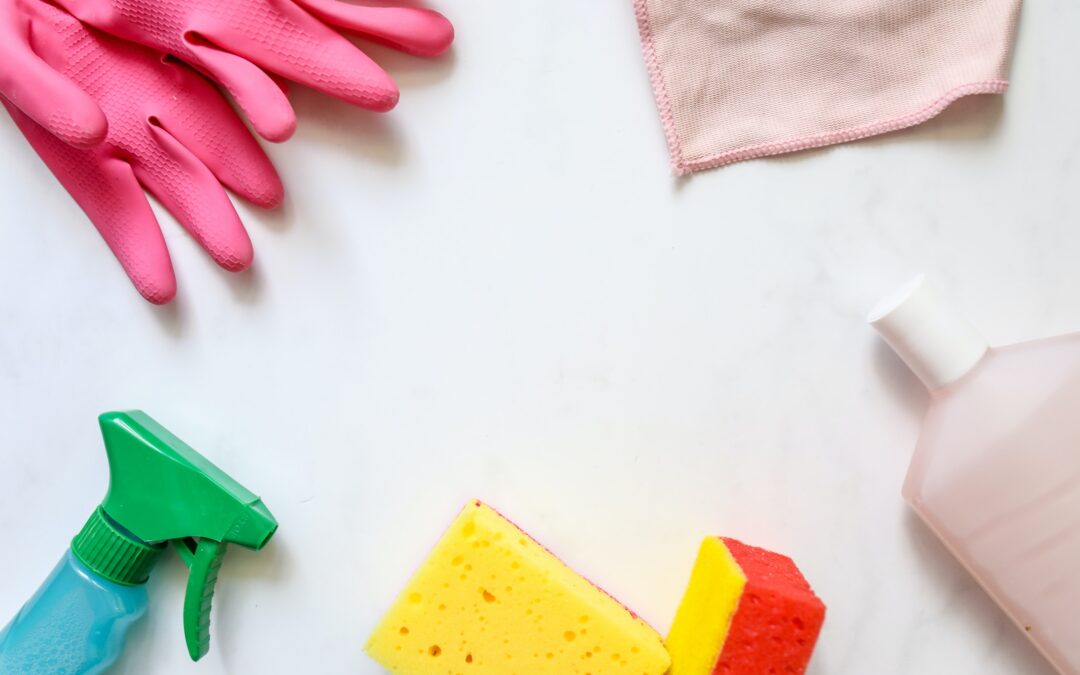The NCMD has been alerted to a number of sad cases of poisoning by household cleaning products in recent months. Household cleaning products can often contain dangerous chemicals that would be harmful to infants and children, who may not realise the danger. Here we share some tips and sources to help families stay safe.
The Royal Society for the Prevention of Accidents (ROSPA) gives the following tips for preventing accidents with cleaning products:
- Closely supervise children in and around the home
- Keep household chemicals out of sight and reach of children, preferably in a locked cupboard. Remember this also applies to the garage and shed
- Always store household cleaning chemicals in their original containers
- Replace lids and put all products away immediately after use
- Dispose of unwanted household cleaning products safely
- Store household cleaning products in a different place from food and medicine
- Use household cleaning products according to label directions
- Mixing household products can cause dangerous gases to form.
You can find more details, and a useful Virtual Safety Kitchen tool, on their Take Action Today, Put Them Away page.
The Child Accident Prevention Trust (CAPT) also has some helpful tips to avoid poisoning more generally – which can be caused not just by cleaning products, but by medication as well. They say:
- Child-resistant tops and strip and blister packs for tablets help to slow children down but they are not childproof. Some 3-4 year olds can open them in seconds!
- Swallowing medicines, like everyday painkillers that you might keep in your handbag or bedside cabinet, is the most common way for children to be poisoned.
- The detergent capsules and concentrated liquids under the kitchen sink can harm children too – they can cause accidental poisoning but also squirt into the eyes and cause damage. The capsules come in boxes that aren’t child-resistant.
See their advice, and their cautionary video Toxic Tales, here.

